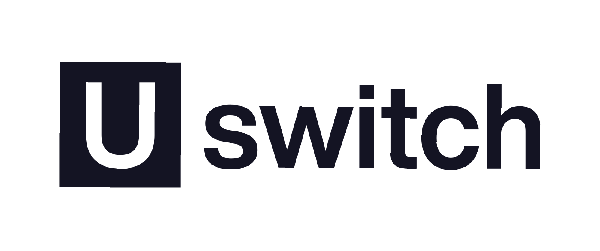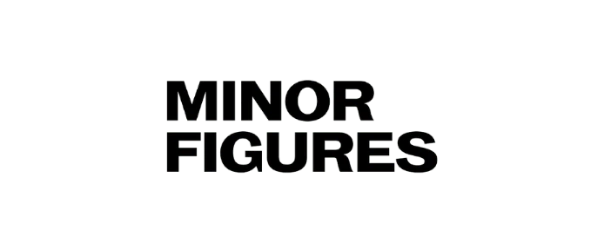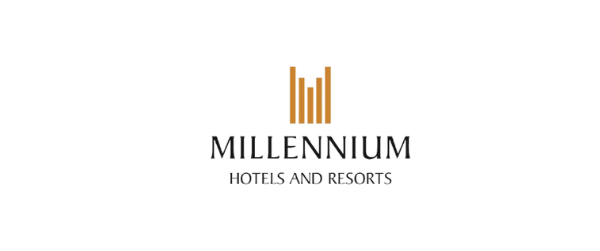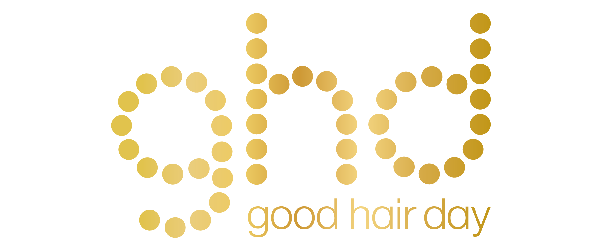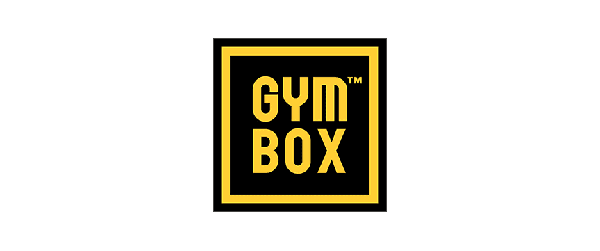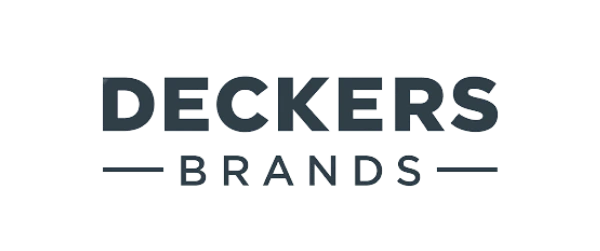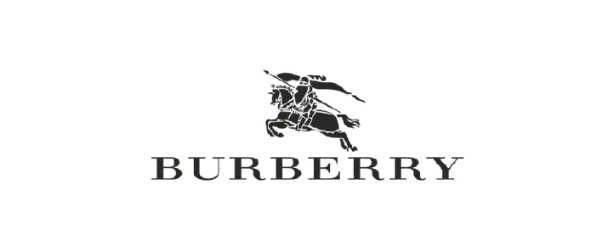Growing your Confidence using Self-evaluation
JasperRose partnered with Business & Leadership Coach and Founder of Dragonfly Coaching Antonia Smith to bring you a four-part series of workshops designed to help finance professionals with personal development. The second workshop titled ‘Building your confidence from the INSIDE, OUT’ was held during the month of June. Antonia gave those who attended, the opportunity to work on a number of introspective exercises which helped identify areas for confidence development.
For those who were unable able to attend the exclusive workshop. Here is a short overview of what Antonia discussed and a few of the exercises the participants went through.
What is confidence?
Antonia kicked off the workshop by defining confidence: it is defined by the Oxford dictionary as the feeling or belief that one can have faith in or rely on someone or something. She highlighted the common misconception on how confidence, self-esteem and self-worth differ and how they are related.
Self-worth v Self Esteem
The first points covered how self-worth is an internal sense of being good enough, the recognition of worthiness with regards to love and belonging. And self-esteem is what we think, feel, and believe about ourselves.
Building your confidence requires you to work on both self-esteem and self-worth. Antonia emphasised the importance of changing the way you think and view yourself by working through a self-evaluation exercise.
Self-evaluation exercise
The first exercise enabled the attendees to evaluate where their motivation stems from and why they have made the career and life decisions they have. They started by identifying a particular career i.e. to move to a different role or to stay in the same one, or applying for or not applying for a promotion. The following two factors were used:
Intrinsic: where an individual is motivated by personal reward and personal gain
Extrinsic: where an individual is motivated by external factors, to avoid punishment or to gain a reward
In summary Antonia stressed the importance on focusing more on intrinsic motivators rather than extrinsic motivators. In other words, only doing something because you enjoy it or get fulfilment from It.
Key Shifts in thinking to develop self-worth.
The next segment of the workshop was centred on building confidence. The main two questions asked were: How will more confidence look to you? And, how will you know when you get there? These two questions will also help determine what your motivators are. They are building blocks for you to address any self-doubt, insecurities, and unhelpful coping methods you may have.
Our brains try to accumulate what is happening to us and around us. Naturally, the brain uses doubt to protect us. Feeling overwhelmed, anxious, stressed, and experiencing imposter syndrome (IS refers to an internal experience of believing that you are not as competent as others perceive you to be) are all linked to self-doubt. From these we develop unhelpful coping methods. Below is a list you can use to see if you have or are behaving in any of these ways?
Unhelpful coping behaviours (creating behaviour, which creates patterns)
- Perfectionism and overworking
- Staying small/invisible
- Procrastination/ difficulty making decisions
- Become defensive/ blaming
- Escape or downgrade
- Humour and self-deprecation: Managing other people’s expectations
If you can relate to any of the above unhelpful coping methods Antonia referenced a few strategies to help you. Shifting your mind from negativity to positivity was one of them. See a list below:
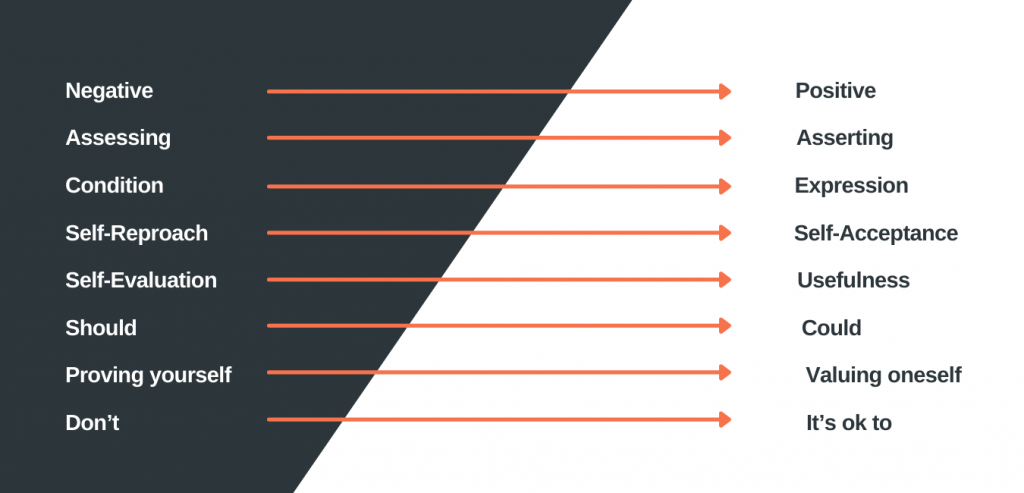
By changing your speech, you will be able to shift your mindset and behaviour towards positivity.
Achievements
Antonia also referenced the importance of recognising your achievements and understanding what you did to achieve them. List down all your achievements and really analyse what you did to make it happen. Through this exercise you will see what you are really capable of.
Here’s an example of how to complete the exercise if you would like to.
Example Achievements
- Qualifications
- Promotions
- Projects
- Other Skills
- Family
- Hobbies
- Goals
Examples of what you may have done to achieve them
- Worked relentlessly
- Studied hard
- Persevered when the task was challenging, or you failed
- Proactive
- Built good relationships
Visionary
The third exercise was more future-focused and required the participants to:
- Think of a goal that you want to achieve in the near future?
- When it’s achieved, what will you do and what will you be?
Using these two questions when considering your future not only allows you to focus on your goal but also enables you to visualise and picture yourself having achieved the set goal.
As the workshop reached its end Antonia stressed the importance of self-care and speaking kindly to your inner self. The above exercises are a great way for you to continually self-evaluate and build confidence from the inside out. For more information and useful tips on how to grow your confidence, please contact us via email: [email protected] and we can put you in touch with Antonia who is offering complimentary introductory sessions.
Register for the third workshop in our four-part series titled ‘Maximize your Leadership Influence to Drive & Motivate your Teams.’ via the link below:























